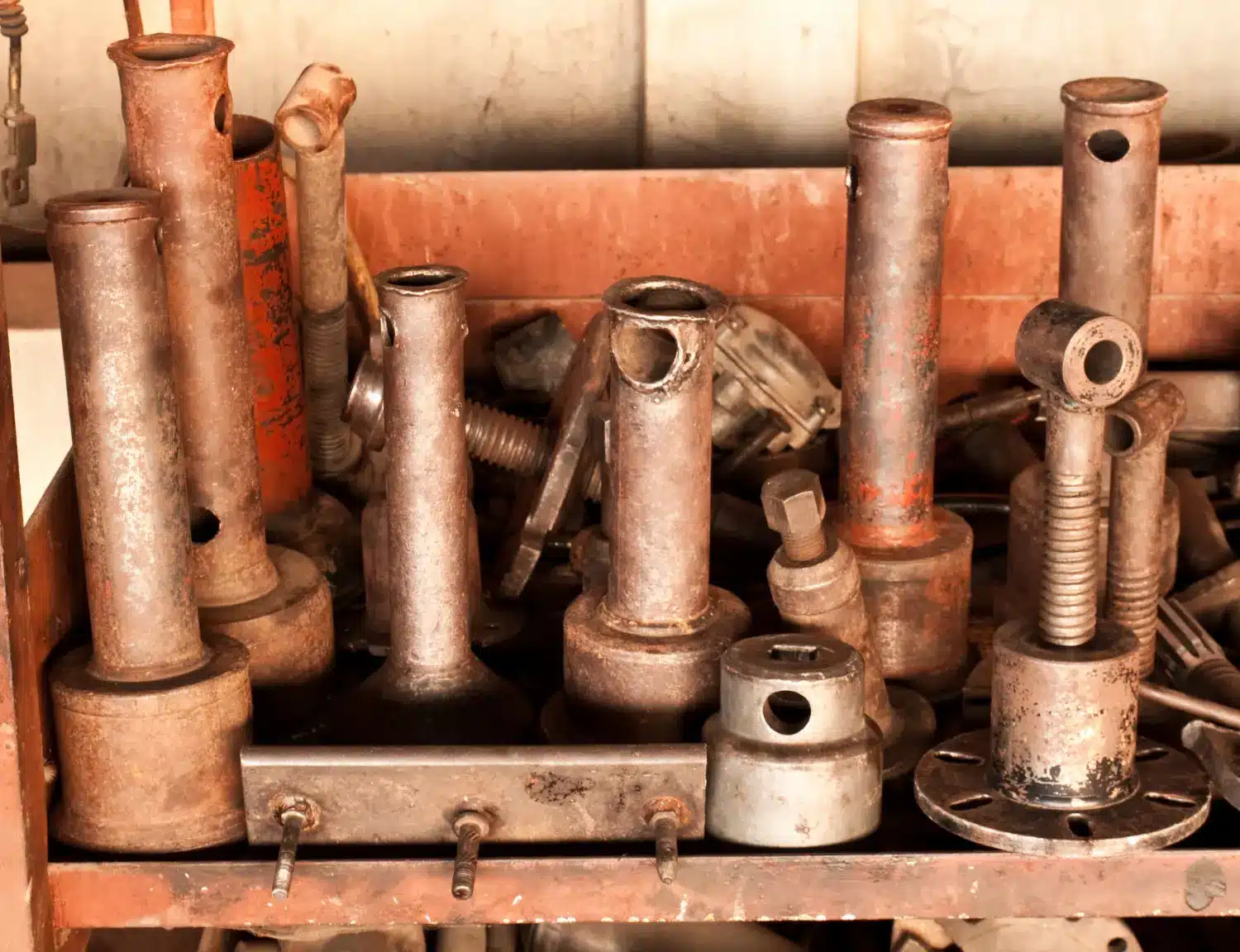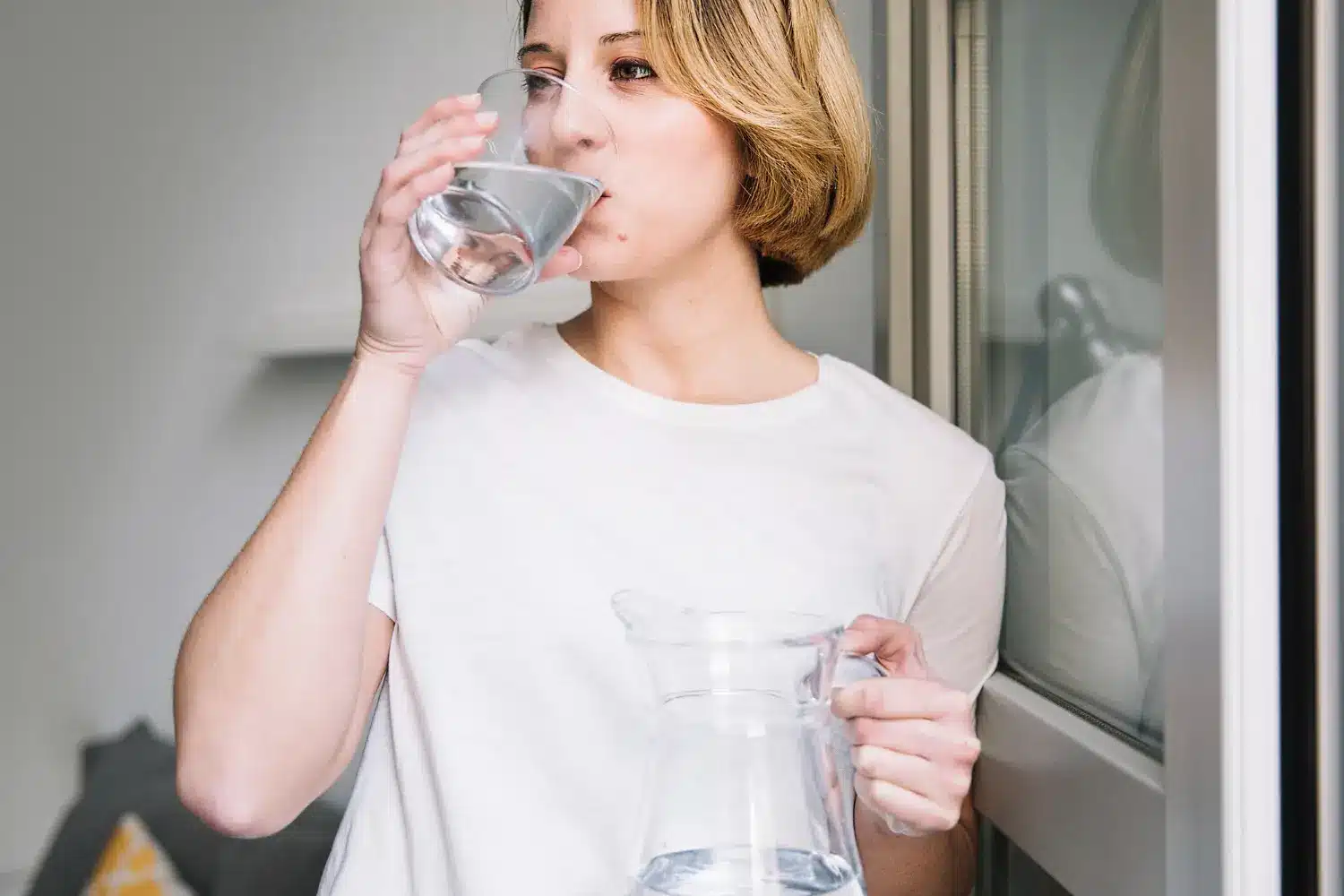Lead contamination in drinking water is a growing concern, affecting communities across the country. While lead has been used for centuries in various industries, its presence in water poses serious health risks. Understanding where lead comes from, how it enters our water systems, and what steps can be taken to mitigate exposure is crucial for protecting your health and home.
The History of Lead in Water Systems
For centuries, lead was widely used in construction, plumbing, and even household items. Ancient civilizations, including the Romans, utilized lead for water pipes and infrastructure. However, as history has shown, prolonged exposure to lead can result in severe health complications. Some historians even suggest that lead poisoning played a role in the decline of the Roman Empire.
Fast forward to modern times, and lead is still present in many aging water systems. In the U.S., high-profile cases like the Flint, Michigan water crisis have shed light on the ongoing issue of lead contamination. This crisis prompted national attention and revealed that thousands of water systems across the country were found to have elevated lead levels, affecting millions of Americans.
How Lead Gets Into Drinking Water
Lead contamination doesn’t typically originate from water sources themselves but from the pipes and infrastructure that transport the water. The primary sources of lead in drinking water include:
- Lead service lines – Older water pipes that contain lead can leach particles into the water.
- Lead-based solder – Used in plumbing until 1986, this material can still be found in many older homes.
- Brass fixtures and fittings – Some brass plumbing components contain lead, which can gradually seep into the water supply.
Even though legislation has banned the use of lead in plumbing materials, millions of older homes still have outdated systems that pose a contamination risk.

Health Risks of Lead Exposure
Lead exposure is dangerous for everyone, but young children, pregnant women, and individuals with weakened immune systems are especially vulnerable. According to the Centers for Disease Control and Prevention (CDC), lead poisoning can have serious long-term effects, including:
- In Children: Developmental delays, learning disabilities, hearing loss, and behavioral problems.
- In Pregnant Women: Increased risk of miscarriage, premature birth, and developmental issues for the unborn child.
- In Adults: High blood pressure, kidney damage, memory loss, and fertility problems.
Since lead accumulates in the body over time, symptoms may not appear immediately, making it critical to take proactive measures to reduce exposure.
Steps to Reduce Lead Exposure in Your Home
Protecting your household from lead contamination starts with awareness and action. Here are some effective ways to safeguard your drinking water:
- Get Your Water Tested – Request a Consumer Confidence Report (CCR) from your local water supplier or use a home testing kit to check for lead levels.
- Flush Your Pipes – If your home has older plumbing, run the tap for several minutes before using water for drinking or cooking, especially after long periods of inactivity.
- Use Cold Water – Hot water can dissolve lead more quickly, so always use cold water for cooking and drinking.
- Install a Quality Water Filtration System – Certified filtration systems can effectively reduce lead and other contaminants from your drinking water.
- Replace Old Plumbing Fixtures – If your home was built before 1986, consider upgrading to lead-free pipes and fittings.
The Role of Water Filtration in Lead Reduction
One of the most effective ways to ensure your drinking water is safe is by using a high-quality filtration system. Omaha’s Water Store offers advanced water filtration solutions designed to remove harmful contaminants, including lead.
Our UltraWater™ filtration system has been rigorously tested and proven to reduce contaminants by 99.9%, providing your family with cleaner, healthier water.
Why Water Quality Matters
Water quality affects everything from digestion and skin health to energy levels and cognitive function. Contaminants, heavy metals, and impurities can compromise your well-being over time. Investing in a high-quality filtration system ensures that you’re drinking water that supports your health, rather than harming it.
The Power of Molecular Hydrogen-Rich Water

Molecular hydrogen-rich water has gained attention for its numerous health benefits. Studies suggest that hydrogen-infused water can:
- Reduce inflammation and oxidative stress
- Enhance recovery time and muscle function
- Improve skin health and slow aging
- Support gut health and digestion
- Boost overall energy and reduce fatigue
With scientific backing for its role in over 150 disease models, hydrogen-rich water is an excellent addition to any health-conscious lifestyle.
Experience the Best with Omaha’s Water Store
At Omaha’s Water Store, we offer whole-home water solutions and premium drinking water systems tailored to your needs. Our UltraWater™ filtration system is EPA-certified and rigorously tested against 249 contaminants, achieving a 99.9% reduction rate. Enjoy clean, crisp, and silky-smooth water that enhances your well-being.
Why Choose Omaha’s Water Store?
- UltraWater™ Filtration – The best filters with proven performance.
- Whole-Home Protection – Safeguard your skin, hair, pets, and appliances with customized filtration systems.
- Molecular Hydrogen-Rich Water – Benefit from anti-inflammatory, antioxidant, and performance-enhancing properties.
Learn more about our water systems, their benefits, and our convenient water refill membership options. Experience the ultimate in hydration and wellness with Omaha’s Water Store.

